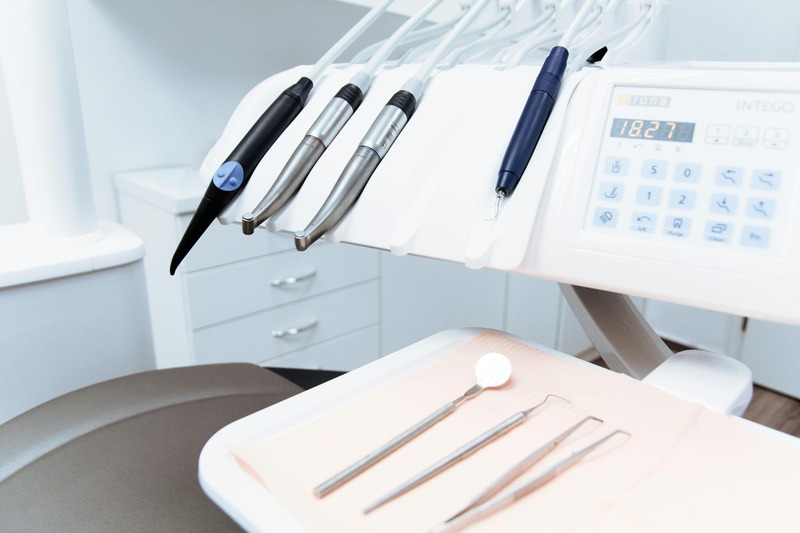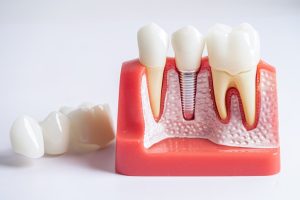Pregnancy is a time of significant changes throughout the body, and dental health is no exception. Hormonal fluctuations can lead to a variety of dental concerns, making it a critical time for women to pay extra attention to their oral care. Understanding how pregnancy can impact dental health is key for expectant mothers to maintain their smiles and well-being.
Increased Risk of Gum Disease
Pregnancy can lead to an enhanced risk of developing gum disease, a condition also known as pregnancy gingivitis. This susceptibility arises because of elevated hormone levels that cause gum tissue to react differently to bacteria, often resulting in swelling, tenderness, and bleeding. Managing these changes becomes pivotal to avoid the escalation of gum disease, which can potentially affect the baby’s health.
-
Regular dental checkups are more important than ever.
-
Maintain a thorough oral hygiene routine.
-
Look out for signs of redness, bleeding, or puffiness in the gums.
Left unchecked, severe gum disease could even lead to premature birth or low birth weight, making diligent oral care a crucial aspect of prenatal well-being.
Pregnancy Tumors and Oral Growths
Some pregnant women may notice overgrowths of tissue on their gums, often called pregnancy tumors. These benign growths are usually the result of excess plaque and typically recede post-pregnancy. However, if they’re uncomfortable or interfere with eating or dental care, consulting a dentist is advisable.
In such cases, seeking professional help from a dentist in Fairfield, CT, can alleviate discomfort and ensure oral health is not compromised. It’s important to mention the term “tumor” can be alarming, but these growths are non-cancerous and related directly to inflammation and irritation in the mouth.
Managing Morning Sickness and Oral Health
Morning sickness, a common symptom of pregnancy, can also pose a threat to dental health due to the acid from the stomach that coats the teeth during episodes of vomiting. Neutralizing this acid with a baking soda rinse (mixing a teaspoon of baking soda in water) can help protect the teeth enamel from erosion.
-
Rinse, don’t brush, immediately after vomiting to avoid harsh scrubbing on weakened enamel.
-
Use water or a fluoride mouthwash to rinse the mouth after episodes of morning sickness.
Additionally, using toothpaste with fluoride and drinking plenty of water helps maintain oral health during times of frequent nausea.
The Link Between Diet and Dental Health During Pregnancy
The old adage, “eating for two,” takes on a literal sense when considering the increased nutritional demands during pregnancy. A healthy diet not only supports the baby’s development but also aids in protecting the mother’s dental health.
Incorporating foods high in calcium, phosphorus, and vitamins A, C, and D contributes to strong teeth and helps in repairing enamel. Conversely, sugary snacks and carbonated beverages should be consumed with caution to prevent tooth decay and cavities.
Challenges with Dental Procedures during Pregnancy
While regular dental care is considered safe during pregnancy, certain procedures and medications are preferably postponed until after the baby’s birth. Elective treatments like teeth whitening or cosmetic procedures should typically wait, while X-rays are usually avoided unless absolutely necessary.
For emergency dental treatments, collaboration between the dentist and obstetrician ensures both the mother’s comfort and the baby’s safety are optimized. Pregnancies do not preclude the need for essential dental work, such as cavity fillings or root canals, especially when they can alleviate pain and reduce the risk of infection.
Oral Hygiene Tips for Expectant Mothers
Keeping up with oral hygiene is crucial throughout pregnancy to avoid dental problems. Here are some tips:
-
Brush with a soft-bristled toothbrush twice a day and floss daily.
-
Use products that contain fluoride to strengthen the teeth.
-
Leverage antiseptic mouthwashes to reduce plaque and bacteria.
These practices are not just for the health of the expectant mother but also play a role in the health of her developing baby.
In the grand scheme of things, maintaining oral health with general dentistry plays a fundamental role, and services such as regular cleanings and check-ups become even more important during pregnancy.
Postpartum Dental Health Considerations
After giving birth, it’s important for new mothers to resume or start a comprehensive dental care regimen. Hormonal levels might still affect dental health even after delivery, so continued vigilance against gum disease and tooth decay is necessary.
With new responsibilities, it can be tempting to let personal dental care slide, but neglecting oral health can lead to more extensive issues later on. Seeking dental care even after delivery is a key step in ensuring a healthy dental future for both the mother and her child.
When to Seek Dental Advice During Pregnancy
If any dental health concerns arise during pregnancy, or if there’s uncertainty about what precautions to take, it’s always best to consult with a dental professional. They are best equipped to provide individualized advice and treatment where necessary. Having a trusted dentist throughout pregnancy can provide peace of mind and contribute significantly to the overall health of the mother and the baby.
Professional guidance is invaluable, from managing hormonal changes affecting the gums to handling unexpected dental emergencies. For those considering more comprehensive services postpartum, exploring the benefits of full mouth reconstruction can be an avenue to restore or improve dental health following the changes and challenges of pregnancy.
Final Thoughts
As expectant mothers navigate the unique challenges that accompany pregnancy, it’s clear that dental health plays a pivotal role in their overall well-being. From the increased risk of gum disease to the importance of diet and routine dental care, every aspect of oral health requires attention.
Embracing a proactive approach toward dental health during this special time can lead to a happier pregnancy and contribute to a healthier future for both mother and child. So, keep those regular dental appointments, maintain that diligent home care routine, and know that a beautiful, healthy smile is an integral part of a joyful journey into motherhood.



